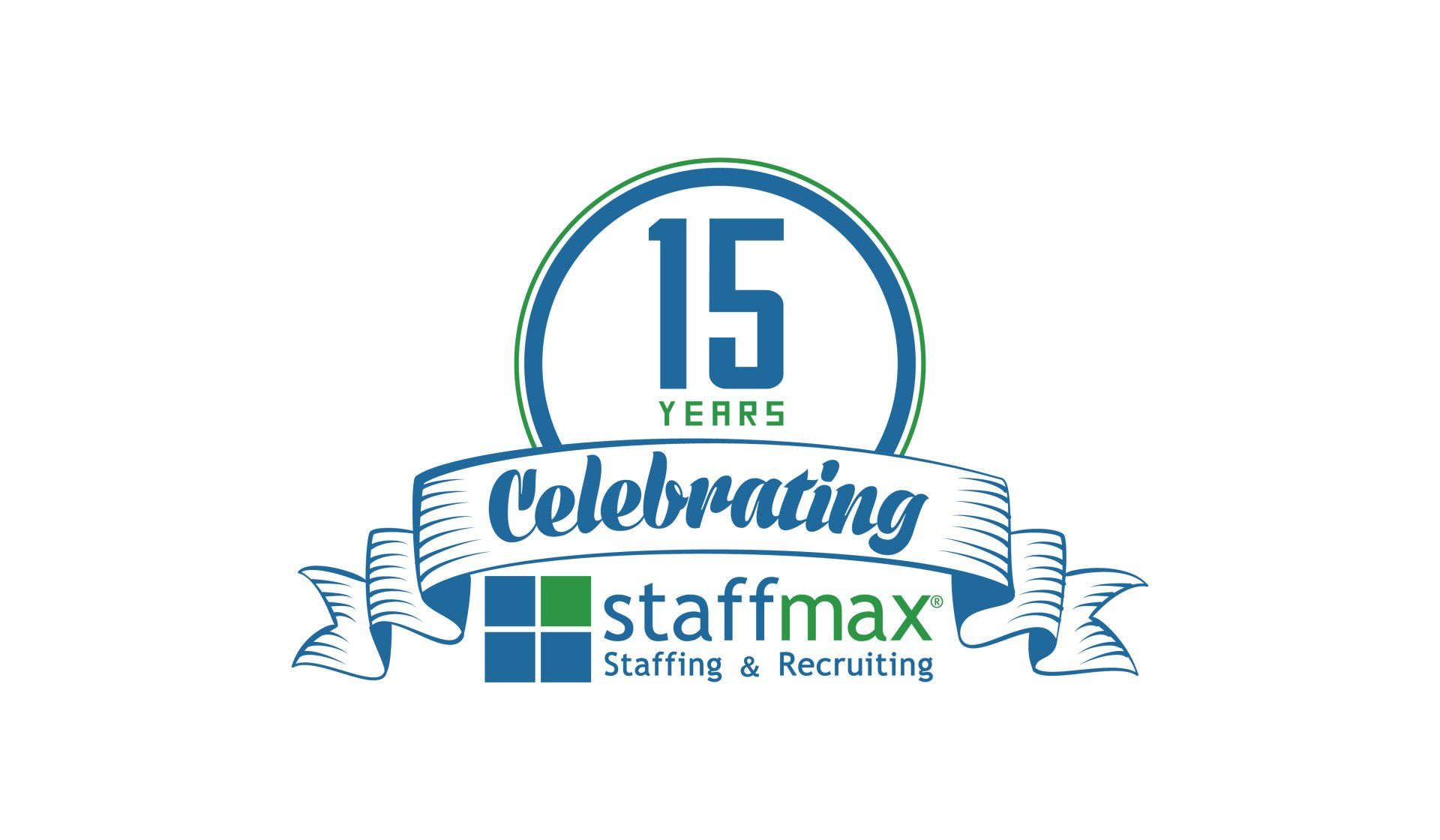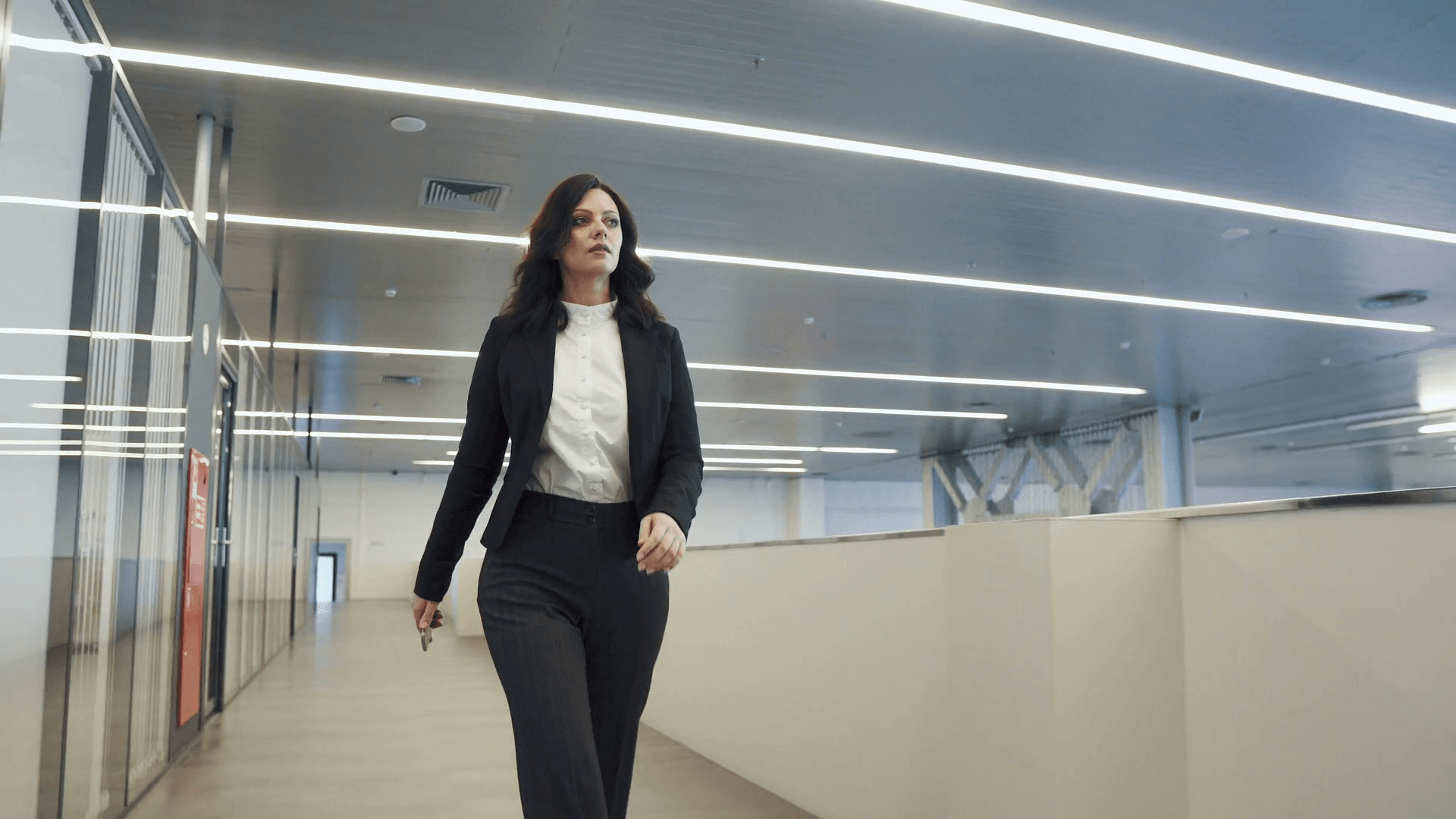Are You Prewired To Work From Home?

Humanity is still work in progress. That is good news. It means we are able to adapt to new challenges, progress, and evolve. Certain aspects of this journey are only visible when viewed from afar, which requires less focus on the here and now, and more focus on the big picture. For example, our ability to transition from physical to virtual work is the result of centuries of technological advancements, of which the current AI era is only the latest phase. Just before we had Zoom, Slack, and smartphones, we had of course WiFi, blackberries, and cellphones. Long before we blurred the boundaries between work and life, teleworking or flexi-working, a growing proportion of jobs started to require less manual and more cognitive work. The rise of the knowledge economy demanded a big switch, from behavioral tasks (doing) to intellectual tasks (thinking), and their related product (saying). This made the prime ingredients of work less tangible and observable, turning a large proportion of the workforce into symbolic workers who trade ideas and concepts, and are measured less for what they do, and more for what they say. From a behavioral standpoint, if we actually observe knowledge workers while they are doing their jobs, there is no way to distinguish between what they do. Everybody, from a junior IT consultant to a senior investment banker, appears to engage in exactly the same behaviors: looking at a screen, reading and typing messages, presumably with some thinking in between.
A non-trivial consequences of this progression is the downgrading of physical interactions, which in many ways seemed like a luxury – nice to have, but not necessary – long before we were subjected to extreme social distancing and physical isolation. The significant portion of the working population of the world who is now in lockdown will no doubt relish the not-so-distant memories of analogue human interaction, and miss some precious physical moments with coworkers, clients, and even bosses. And yet, at least from a productivity standpoint, humanity has never been better equipped to withdraw from the physical world. In part, because a greater proportion of jobs are now abstract and dispensable; in part, because we have never been better at executing concrete and indispensable jobs remotely. This applies not just to work, but also our personal lives. We have developed an unprecedented capacity to remain connected even in physical isolation. Yes, this is largely thanks to technology, but the only reason we created that very technology is to make social isolation a practical impossibility, even in the absence of physical proximity.
Needless to say, the fact that some will experience physical distancing as a blessing, preferring to spend more time alone than with others, is a powerful reminder of the flexibility, adaptability, and diversity of the human species. Even before the coronavirus pandemic arrived in our lives, we had already acknowledged the inconvenience that certain (near default) office designs, such as open plan work spaces, caused to many workers – e.g., quiet, introverted, private personalities. In general, progress in any area tends to increase choice, and more choices highlight the wide range of preferences, values, and inclinations underpinning human diversity. So, while in hunter-gatherer societies extraverts may have had to limit their social curiosity to interacting with a maximum of 20 people during their entire lives – something that would make you antisocial today, even if you live in a small village – we can now pick between a wide range of jobs, industries, careers, and company cultures based on temperamental fit or value congruence. Flexible working conditions, including the ability to work from home, were already an attractive dimension for in-demand workers, with a clear age-trend indicating higher need for flexibility and independence among younger workers.
Typically, discussions about working from home, virtual working, and flexible working hours focus more on the employer than employees, especially when the goal is to predict organizational outcomes (e.g., engagement, productivity, brand loyalty, etc.). Implicit in such discussions is the assumption that employees are a uniform category, such that they will either all benefit from working from home or not, or all be more productive or not, if they pick their own working hours, stop answering emails after 6PM, or have unlimited vacations. In reality, however, any working modality will be much more compatible with some than with others, and what may be the most appealing form of work to one person, may be the most appalling to another.
In line, a great deal of psychological research shows that certain people are much better predisposed for working from home than others, to the point that they will thrive when they are not in the office. Some people in this group may have been fortunate enough to have forged careers that enable them to avoid setting foot in an office, but others with the same psychological makeup may have suffered by being forced to partake in face to face meetings, client events, and daily visits to the office. Assuming the current crisis doesn’t eliminate their jobs, and that their personal circumstances are not too disruptive, we can expect such employees to experience an uptick in both engagement and productivity, and that they end up hoping for an extended license to work from home even once crisis is over.













